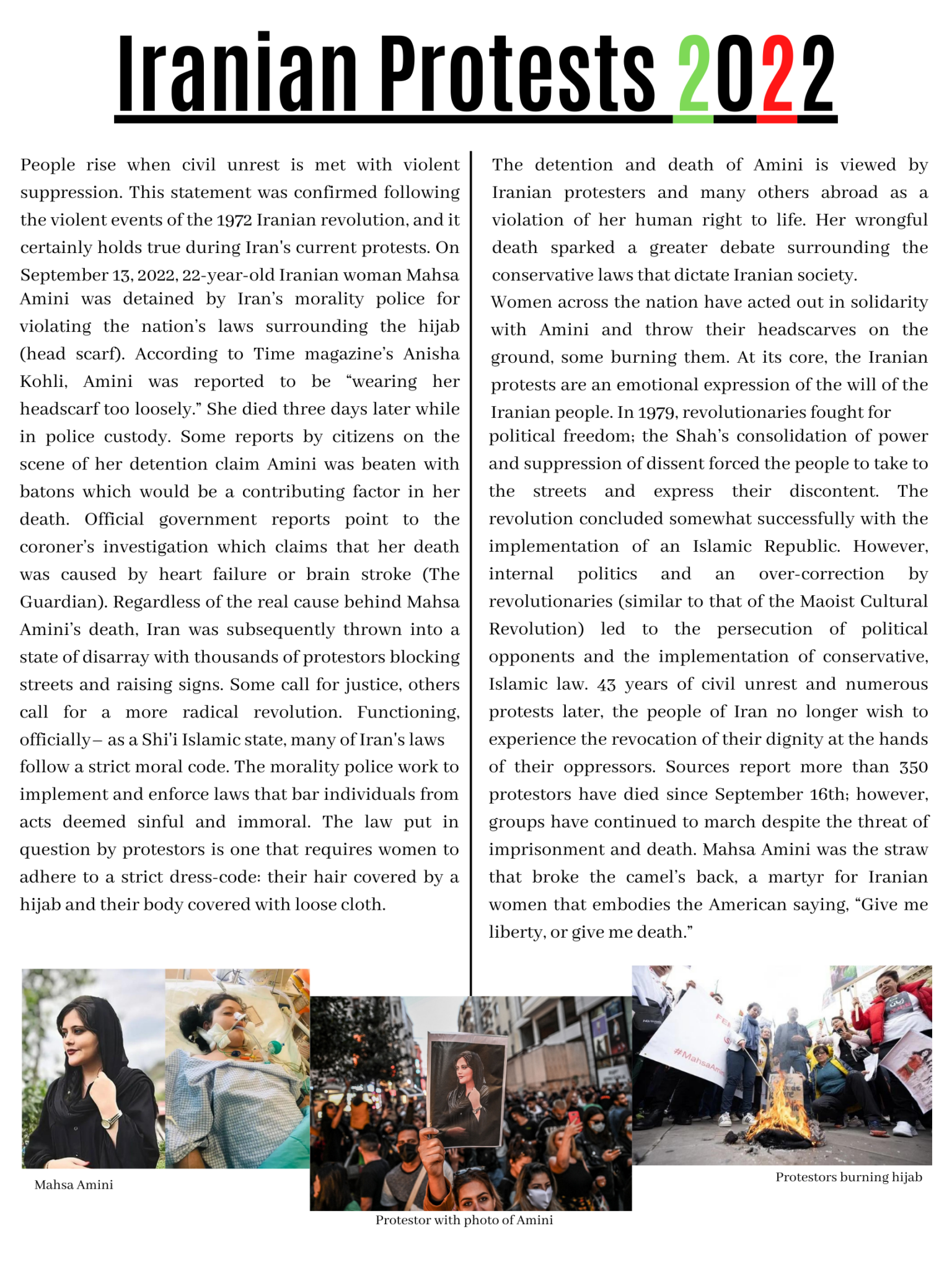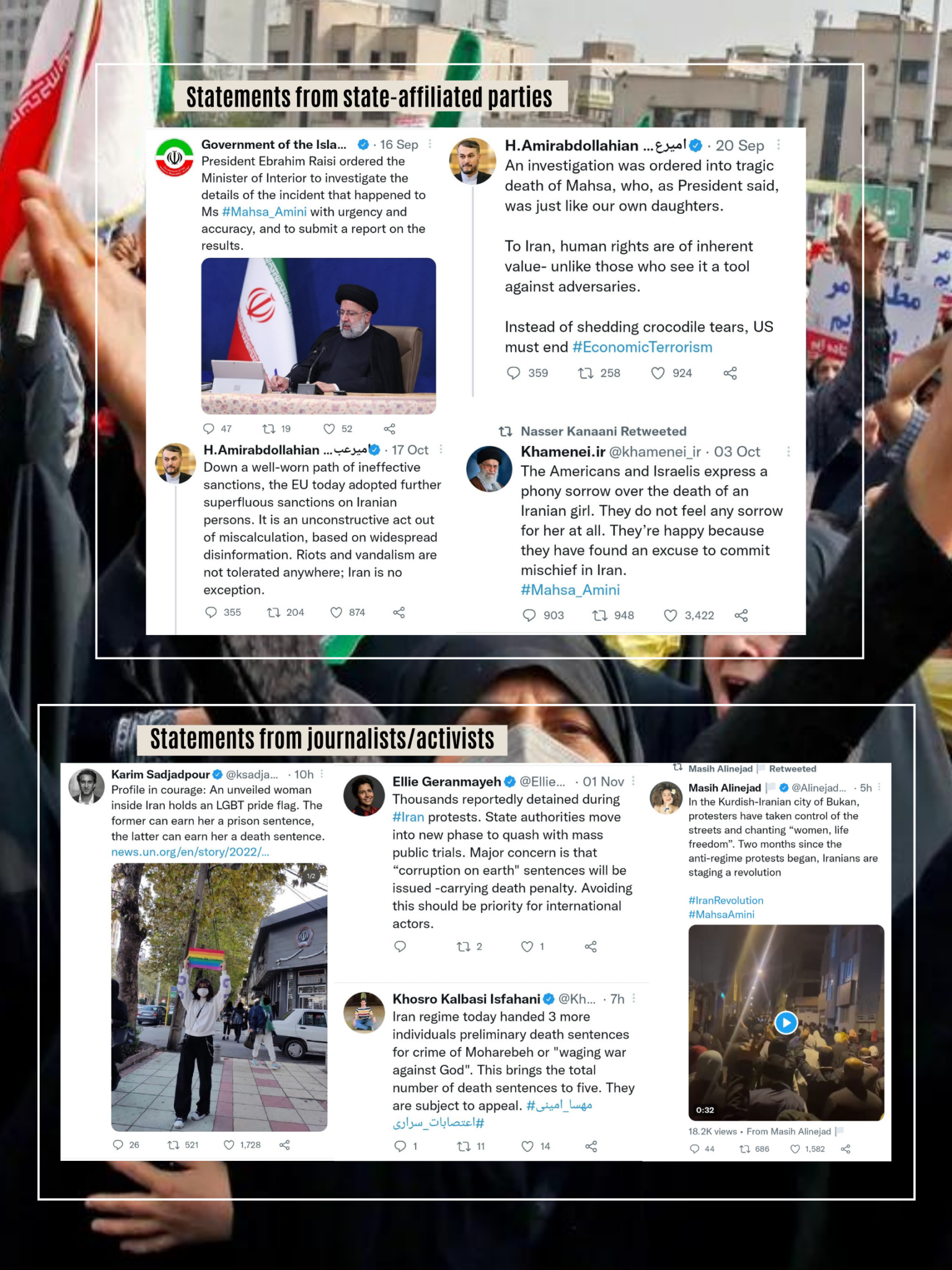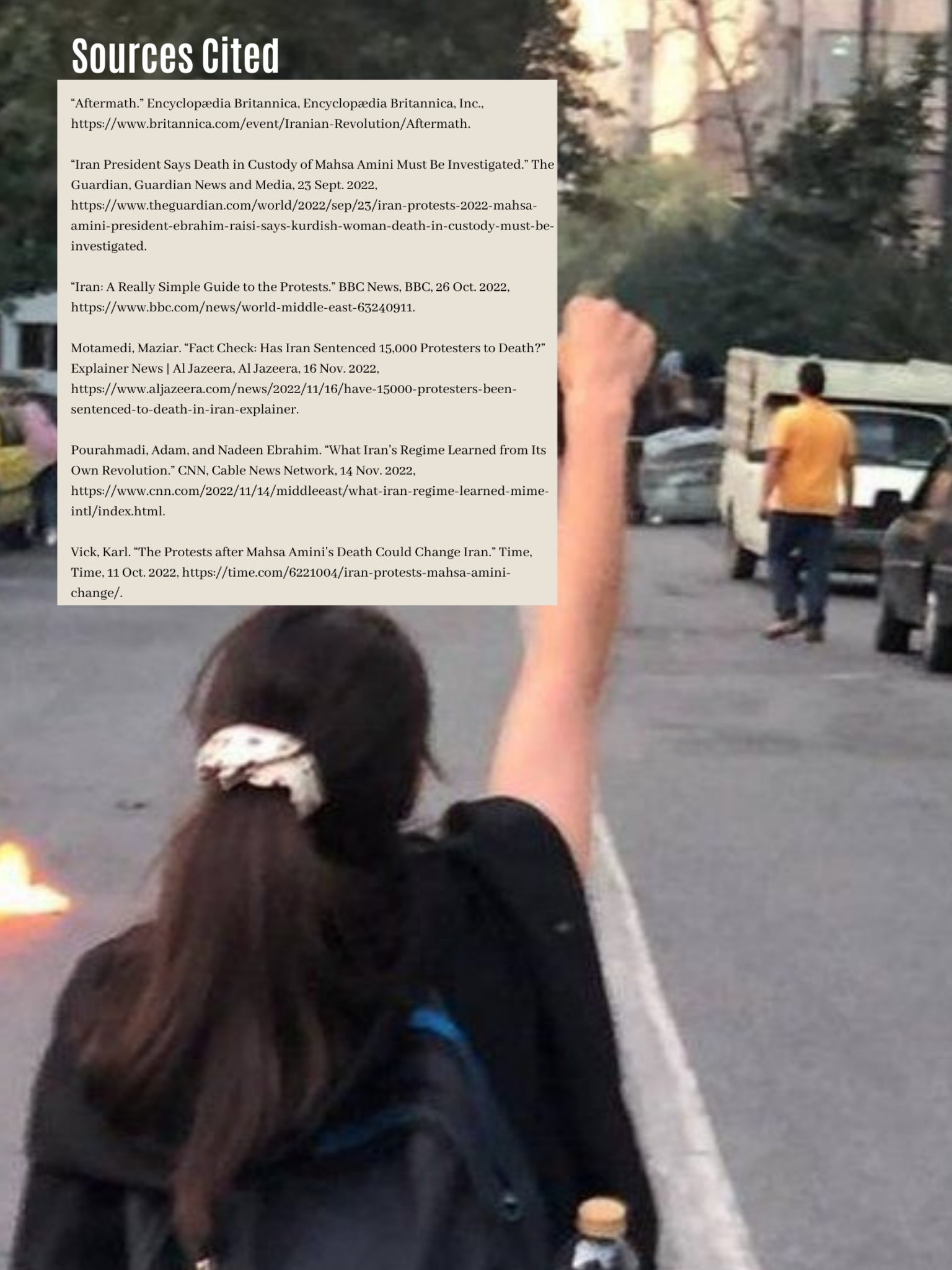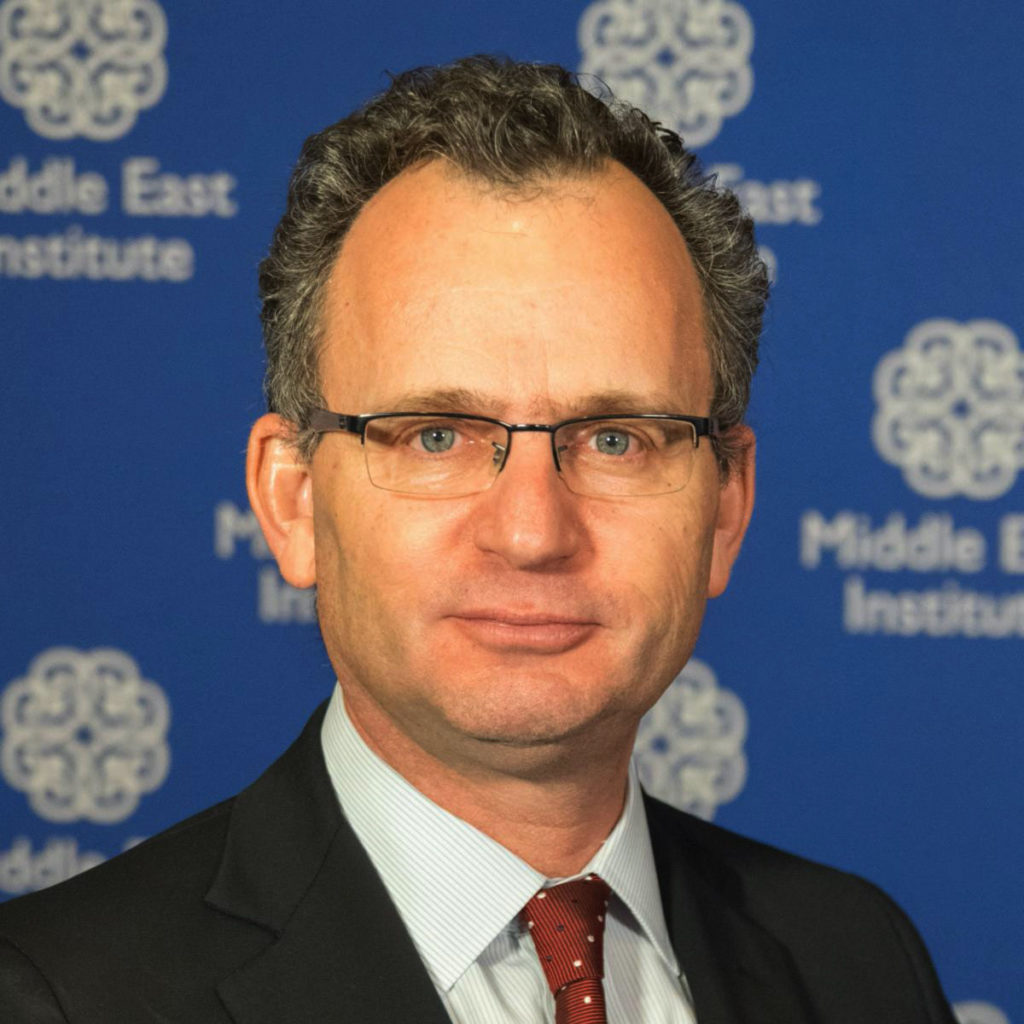


Written by Fundraising and Technology Intern, Norbu Kangchen



Written by Fundraising and Technology Intern, Norbu Kangchen
As the Russian-Ukrainian War continues to stretch on into its ninth month, negotiations between each sides’ respective leaders have continued to struggle. Ukrainian president Volodymyr Zelensky has been issuing daily updates to his citizens as the war continues on, and in his November 7th address, recently stated his terms for open diplomacy which included respect for the UN Charter, territorial integrity of Ukraine, and prosecution of war criminals. This has been a change from his previous stance that peace talks with Russia were an “impossibility” if done under Russian president Vladimir Putin. Ukraine’s current situation is complicated by its reliance on assistance from the United States, which recently underwent its midterm elections.The potential shift in political climate may alter the level of aid provided.
November marks an important time globally, with meetings such as the G20 summit and the ASEAN summit both taking place this month. Russian forces have retreated from the Kherson region, Though it appears the conflict will continue at this time, the recent turn of events have raised hopes that Russia is losing steam in its campaign. The Biden administration has not established a strong position on how Ukraine should proceed, but expresses hope that more fruitful peace talks can occur now that the winter months are closing in, posing a danger for troops and civilians still caught in the conflict.
Program Management Intern, Cindy Tse
Top Geopolitical Risks in 2020: Coronavirus Update Wei Liang—China News Service/Getty Images Coronavirus hasn’t just overturned daily life as we know it; it’s also upended global politics. I’ve been working on figuring out what coronavirus means for geopolitics beyond the immediate crisis that we’re in. As such, I’ve revisited our Top Risks 2020 that we published back in January and have updated them (the first time in our history we’ve ever done that) with the potential impact that the …
READ MORE: https://time.com/5807597/top-geopolitical-risks-in-2020-coronavirus-update/
Wednesday, January 29th, 2020
Bryan Cunningham
The World Affairs Council of Orange County is proud to present “How Worried Should We Be? A Realistic Look at Cybersecurity Threats for the 2020 Elections and Beyond” with Bryan Cunningham.
This timely event could not be more relevant as we approach the election season. Cunningham is a leading international expert on cybersecurity law and policy, a former White House lawyer and adviser and a media commentator on cybersecurity, technology and surveillance issues. Cunningham has extensive experience in senior U.S. government intelligence and law enforcement positions. He served as Deputy Legal Adviser to then-National Security Advisor Condoleezza Rice. He also served six years in the Clinton Administration as a senior CIA officer and federal prosecutor. Post 9/11, he drafted significant portions of the Homeland Security Act and related legislation.
Mr. Cunningham was founding vice-chair of the American Bar Association Cyber Security Privacy Task Force and was awarded the National Intelligence Medal of Achievement for his work on information issues. He is currently UCl’s Cybersecurity Policy and Research Institute’s Executive Director.
Time: Reception: 6:15 pm Program: 7:00 pm
Location: Newport Beach Marriott Bayview (500 Bayview Cir, Newport Beach, CA 92660)
Pricing: Members: $35, Non-Members: $45, Students: $15
Register: www.WorldAffairsCouncil.org or Call: 949-253-5751
Thursday, February 20, 2020
The World Affairs Council of Orange County Presents:

An Evening Event featuring Dr. Paul Salem, Ph.D. Harvard
President of the Middle East Institute, Washington DC
Writer, and Founding Director of the Carnegie Middle East Center
The World Affairs Council is proud to present an exciting program on “Rethinking Strategy and Engagement: US Policy in a Turbulent Middle East in Crisis”, by a true expert on current US policy in that conflict prone region: Paul Salem Ph. D., President of the prestigious Middle East Institute based in Washington DC.
Over the last three decades, the Middle East has been the focal point of US Foreign Policy. Conflicts in Iraq, Syria, Lebanon and the recent near war escalation with Iran have made daily headlines. Now Russia, Turkey, Iran and Israel have focused their efforts in Syria and created even more crisis. Is a war inevitable? Will Israel continue to carry on attacks in Syria against Iranian surrogates? Are the US and Russia/Iran headed toward a military conflict and whose side will Turkey take if the Kurds assist the US and the West. Will the US continue its disengagement from the region under President Trump’s stated goal for a US withdrawal? Who will fill the vacuum if that occurs? What about Saudi Arabia and its allies, who will defend them against Iranian threats? Finally is ISIS the terror group finally defeated or has it survived and will it benefit from the internecine battles drawing attention away from its defeat?
Despite the focus and resources of the United States in the region, we are still encountering new and more complicated conflicts every year. Subsequently, there must be a re-evaluation of the role that the United States has in this part of the world. We have weakened or toppled dangerous regimes in Iraq and Syria, yet, there does not seem to be an end to hostilities..
As always the World Affairs Council wishes to provide current and topical information to the Orange County Community about International Affairs. Please join us for a sure to be great program!
More Details Coming Soon
Event Promotional and Financial Sponsors are welcome!
Please contact us at orangecounty@worldaffairscouncil.com or call us at at (949) 253-5751 to learn more about the benefits of becoming a Promotion Sponsor with us.